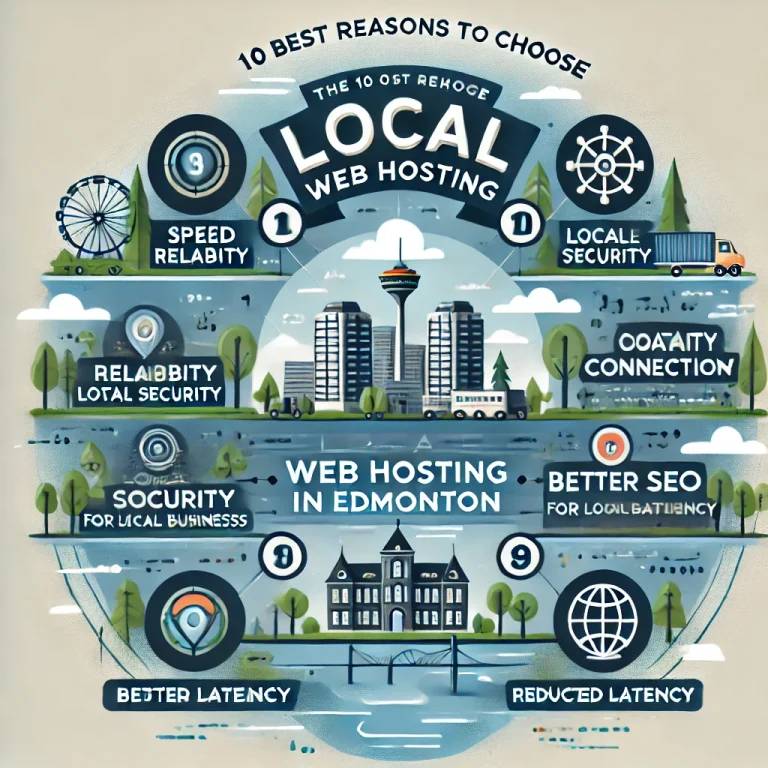Let's be honest – your servers are the unsung heroes of your business. They work around the clock, quietly managing data, running applications, and keeping your operations online. But just like any hardworking team member, your servers need care and attention to stay in tip-top shape. When was the last time you gave your server a little TLC? At 4GoodHosting, we know the ins and outs of server health. Our VPS hosting services are designed to ensure that your servers survive and thrive in the demanding world of digital business. Whether you're running a small online store or managing a bustling enterprise, keeping your servers healthy is the key to smooth sailing. And guess what? It doesn't have to be a chore. With a few simple habits, you can fine-tune server performance, keep your data center in check, and choose the right backup solutions for peace of mind. So, let's walk through some practical, easy-to-implement tips that will keep your servers in excellent condition. Understanding Server Performance Think of your server as the engine of your website. The stronger and more efficient the engine, the better it will perform. Server performance directly impacts load times, responsiveness of the website, and overall user experience. Server performance optimization is not just about being fast but also about being reliable, secure, and scalable. Whether it's large traffic spikes or crash-prevention measures, keeping your server optimized will ensure smooth sailing, even during peak times. At 4GoodHosting, we offer services that focus on optimal server optimization to provide maximum uptime and reliability. The correct choice of hosting provider with periodic maintenance will make sure that the business is smooth running with no unwanted hitches. Importance of a Server Maintenance Checklist Let's get started with the tips first, but we'll start with understanding the importance of a server maintenance checklist. Simply put, it is a comprehensive list of tasks and procedures that ensure your servers run optimally. A well-maintained server means less downtime, faster performance, and improved security for your business. So, how would you craft a server maintenance checklist with your needs? Well, it's more straightforward than you might expect! And here's how you might...
On This Page
- Category: Hosting Related
- Tips for Healthy Servers
- Top Security Features to Look for in Calgary Web Hosting
- The 10 best reasons to choose local web hosting in Edmonton
- Why Reliable Website Hosting is Crucial for Toronto Health and Wellness Websites
- Customizable Hosting Solutions in Montreal for Every Business Need
- Multi-Website Management Tips from Montreal Hosting
- Boost Your Website’s Speed: Why Toronto Businesses Need Local Hosting
- Why Edmonton-Based Hosting Keeps Your Business Online: How to Avoid Downtime
- Edmonton Hosting – Improving SEO and Website Loading Times
- Ultimate Ottawa Hosting Tips to Keep Your Website Online During High-Traffic Seasons













